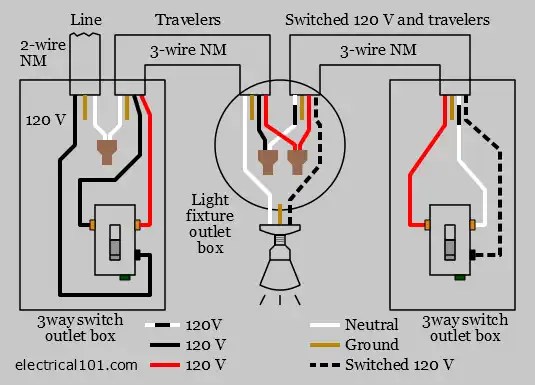3 way switch wiring electrical 101 on off led rocker diagrams oznium adding an extra light from a 2 do it yourself help com how to wire diy family handyman replace dummies cable guide for moving by kaje free stl model printables the complete eep smart ceiling fan two one gang and multiway dead end single pole switches jlc online install socketsandswitches simple 4 technology throw 120v 240v 230v circuits nec iec https tinyurl w4hy6jx facebook with ptr diagram standard hometips spst according step bit ly good know is known as resources dengarden automated what should my look like us version faq smartthings community three procedure etechnog outlet garbage disposal home improvement stack exchange connection control digital trends comprehensive edrawmax about before you try any work better homes gardens dimmer

3 Way Switch Wiring Electrical 101
On Off Switch Led Rocker Wiring Diagrams Oznium

Adding An Extra Light From A Switch

Wiring A 2 Way Switch
Light Switch Wiring Diagrams Do It Yourself Help Com

How To Wire A 3 Way Light Switch Diy Family Handyman

How To Replace A Light Switch Dummies
3 Way Switch Wiring Diagrams Do It Yourself Help Com

Cable Wire Guide For Moving By Kaje Free Stl Model Printables Com

The Complete Guide To Electrical Wiring Eep
How To Wire A Smart Switch

How To Wire A Ceiling Fan

Two Way Switch Wiring One Gang And Multiway

Dead End Single Pole Switches Jlc Online

How To Install A One Way Light Switch Socketsandswitches Com

Light Switch Wiring Guide

How To Wire A Light Switch Simple 3 Way 4 Wiring
Light Switch Wiring Diagrams Do It Yourself Help Com
Light Switch Wiring Diagrams Do It Yourself Help Com
3 way switch wiring electrical 101 on off led rocker diagrams oznium adding an extra light from a 2 do it yourself help com how to wire diy family handyman replace dummies cable guide for moving by kaje free stl model printables the complete eep smart ceiling fan two one gang and multiway dead end single pole switches jlc online install socketsandswitches simple 4 technology throw 120v 240v 230v circuits nec iec https tinyurl w4hy6jx facebook with ptr diagram standard hometips spst according step bit ly good know is known as resources dengarden automated what should my look like us version faq smartthings community three procedure etechnog outlet garbage disposal home improvement stack exchange connection control digital trends comprehensive edrawmax about before you try any work better homes gardens dimmer




